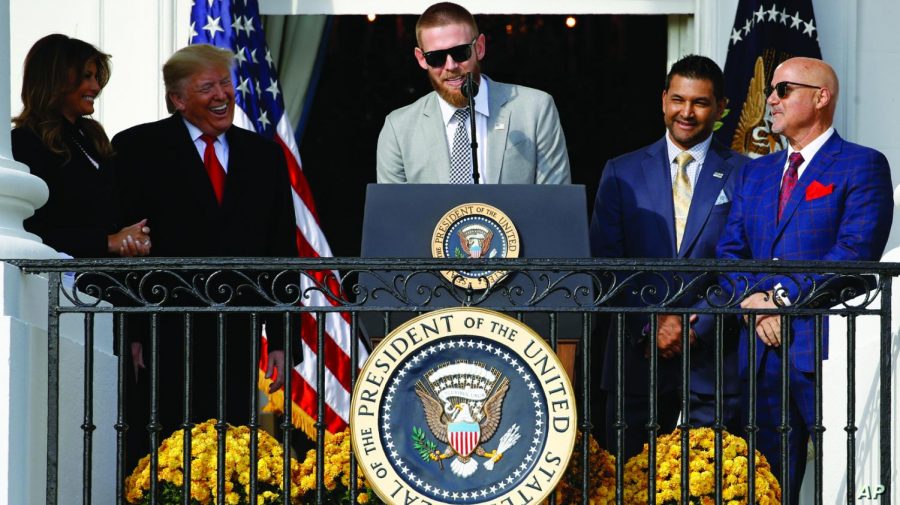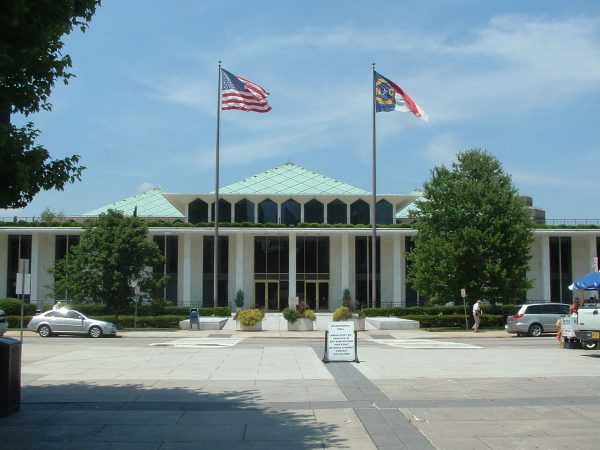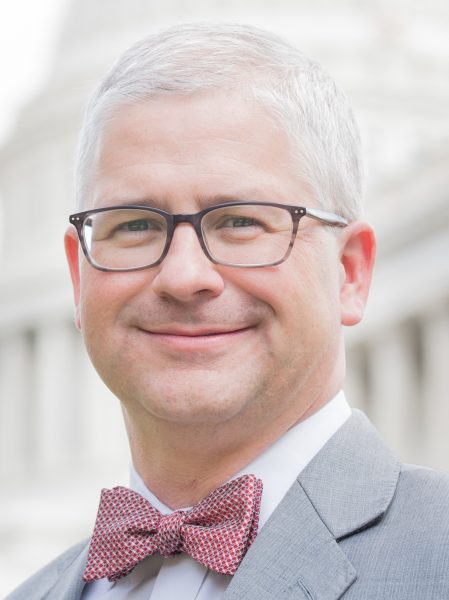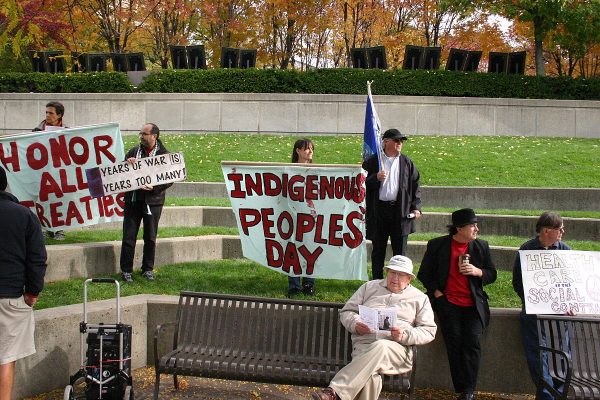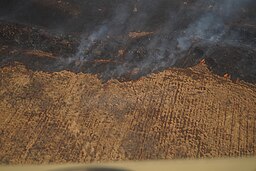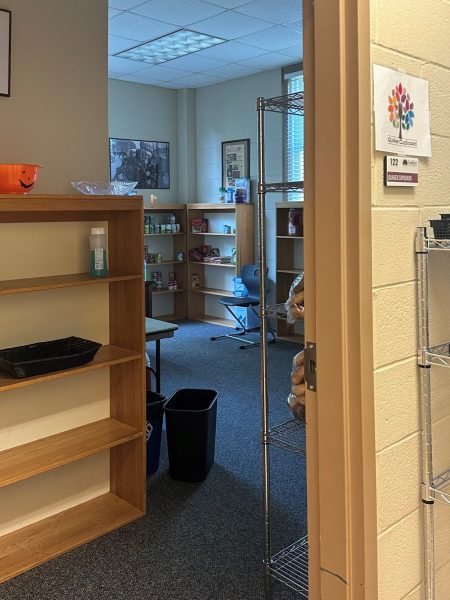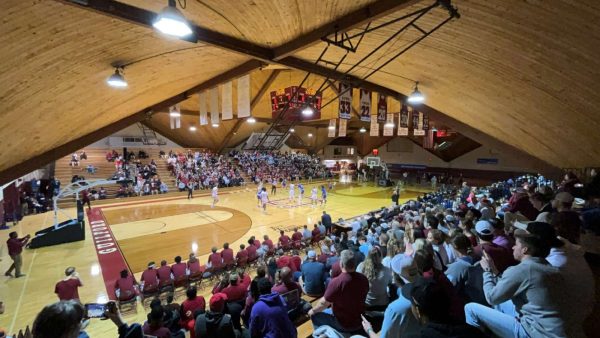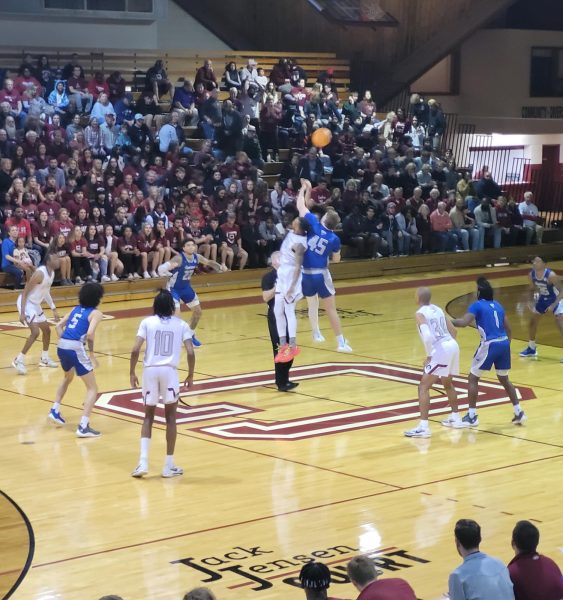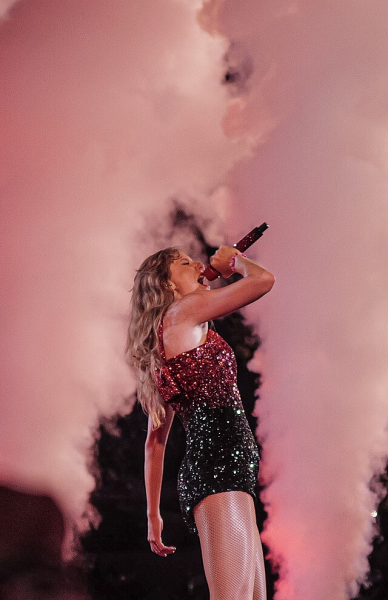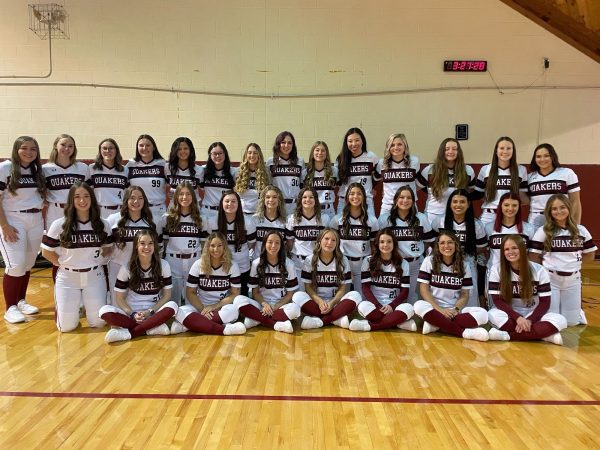Nationals White House visit brings controversy
Washington Nationals starting pitcher Stephen Strasburg speaks.
Since their World Series win in late October, the Washington Nationals and their fans have been on top of the world.
“We won one. We finally won one,” pitcher Anibal Sanchez could be heard shouting to his teammate Max Scherzer as the two embraced after the team’s 6-2 victory over the Houston Astros.
Finally indeed: this championship title is the Nationals’ first-ever in World Series history.
While most of the nation has joined in cheering this unlikely underdog, political discord has also crept into the headlines as the Nationals have moved up the rungs to the championship.
It began early in the series with the specific decision to choose Jose Andres, award-winning chef, to throw the first pitch instead of President Trump.
Things continued to heat up in game five, where the crowd reacted to Trump’s image on the scoreboard with booing and chants of “Lock him up! Lock him up!”
The Nationals received an official invite to the White House just five days after their victory, and while the team officially accepted the invite, some team members spoke out.
Relief pitcher Sean Doolittle told the Washington Post he would be “respectfully declin(ing)” the invitation, stating “I feel like there are a lot of issues … a lot of things that have been said by the president, a lot of things that have been done by the administration that I can’t, no matter what, I can’t reconcile with what I believe in.”
Doolittle has a history of political activism, including work with Syrian refugees and gay rights organizations.
“I think over the course of his time in office (Trump has) done things that maybe don’t respect the office,” Doolittle said.
Seven of 25 team members were absent from the festivities. Pitcher Javy Guerra stated on social media that he would be missing the ceremony because of personal conflicts. Doolittle was absent as well for reasons prior stated.
However, the five other team members not in attendance, most of them Mexican-American or Latino, were not accounted for. A spokeswoman declined to comment on their absence.
At the ceremony Trump cheered the Nationals and their victory and called up different team members to speak at the podium. First baseman Ryan Zimmerman told Trump the visit was “an unbelievable honor.” He praised the President for “continuing to make America the greatest country to live in in the world.”
Several other players such as Kurt Suzuki were quite literally embraced by Trump, who hugged Suzuki from behind after the catcher donned a “Make America Great Again” hat at the lectern.
Social media and news headlines were abuzz with controversy after Suzuki and Zimmerman’s actions, as well as Doolittle’s public boycott. Journalists wrote op-eds about whether or not the team should be acting as political fodder, regardless of whether they put forth a statement or position either for or against Trump.
Popular online sports publication The Undefeated criticized the visit as “an unforced error,” stating that the Nationals “knew what they were in for, like it or not.”
Despite the way the news media inflames the occasional marriage of sports and politics, what happened at the White House and the surrounding backlash is nothing new. Trump’s administration has brought on increased public criticism from various sports stars, but the tradition of inviting sports teams to the White House has existed since the Reagan Era.
So, too, has the tradition of opinionated athletes refusing invitations.
In 2013, Matt Birk, center for the Baltimore Ravens, snubbed Barack Obama’s invitation due to Obama’s support of Planned Parenthood, stating he was “active in the pro-life movement.”
Mark Chmura of the Packers denied a visit with Bill Gates in 1996, adding after he was questioned that he didn’t like Clinton’s “morals” regarding the Monica Lewinsky scandals. Even famous record-breaker Michael Jordan outraged the Chicago Tribune in 1994 when he refused to meet George H.W. Bush. The newspaper ran a scathing headline: “Snub By Jordan Undermines Team.”
“I don’t understand why people are mad about what happened at the White House, or from what Sean did,” said a Guilford junior who asked to have his name withheld, saying he heard about Doolittle but it was “no big deal.”
“Who we have in office doesn’t matter. If athletes are going to say they hate that policy or this thing, they can. They are going to have opinions about things. People are always going to be political.”
Editor’s note: This story originally was published in Volume 106, Issue 6 of The Guilfordian on Nov. 15 2019.

